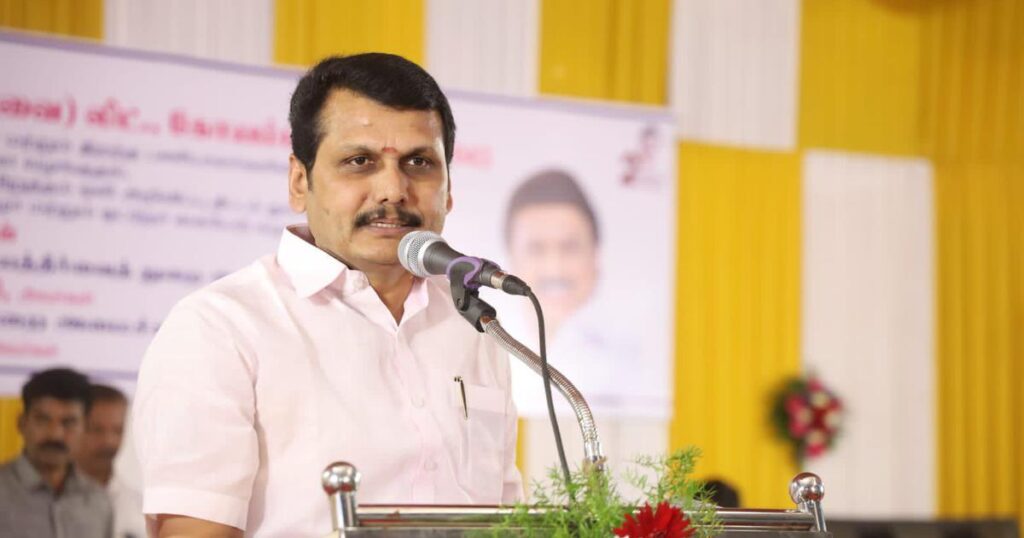
Tangedco Launches Major Administrative Reforms to Boost Revenue and Consumer Access Across Tamil Nadu
Speaking to the media, the minister said the number of section offices will be significantly increased across the state, with divisional offices rising from 176 to 220. This marks the first major structural reform in Tangedco since its formation on July 1, 1951.
“Currently, Tangedco operates 2,811 section offices across 12 zones, but several of them are clustered in the same locality. This makes access difficult for many consumers,” Balaji said.
To address this, the utility plans to bifurcate or trifurcate existing section offices to spread coverage more evenly. The goal is to make services more accessible and reduce the consumer load on each office.
Key Highlights of the Reform:
- Urban section offices currently handle an average of 18,200 service connections, which will be reduced to 16,000
- Rural offices that manage 140 transformers will soon only manage 120 transformers
- Staff redistribution will be carried out by identifying offices with excess personnel
- Posts including Chief Engineers, Superintending Engineers, Executive Engineers, and Assistant Engineers will be restructured
Infrastructure Expansion Without Land Acquisition
The minister emphasized that new offices will be constructed using Tangedco’s existing land assets, reducing additional expenditure and ensuring faster rollout.
Debt Management and Profit Goals
Tangedco currently carries a debt burden of ₹1.58 lakh crore. The administrative reforms are part of the state government’s strategy to make Tangedco financially self-sustainable and reach breakeven by 2030.
“We aim to complete all proposed power sector reforms before the next Assembly session,” said Balaji.
These changes are expected to streamline operations, improve consumer grievance redressal, and enhance overall revenue for the state-run electricity utility.